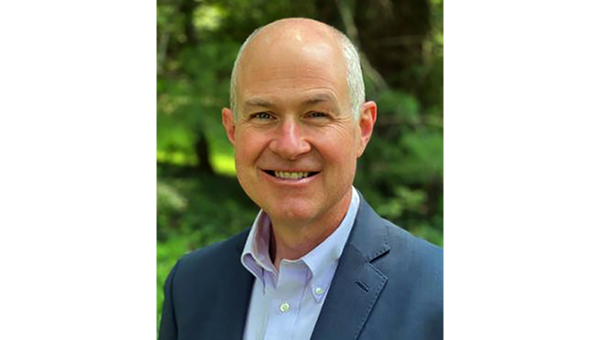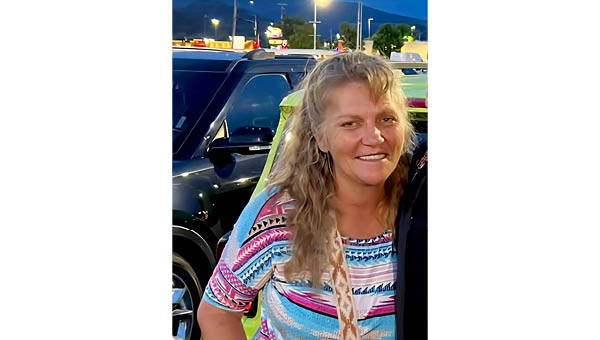Tennessee to halt sharing COVID-19 patient data
Published 4:29 pm Wednesday, May 27, 2020
|
Getting your Trinity Audio player ready...
|
By KIMBERLEE KRUESI
Associated Press
NASHVILLE (AP) — Tennessee will soon stop providing the names and addresses of COVID-19 patients with first responders after initially arguing doing so would protect those on the front line.
Gov. Bill Lee’s administration made the decision this week, conceding that the data may have created a false sense of security to those responding to emergency calls. The data sharing will stop at the end of the month.
The announcement follows an Associated Press review that found public officials in at least two-thirds of states are sharing the addresses of people who tested positive with first responders. At least 10 of those states, including Tennessee at the time, also shared the patients’ names.
Supporters argue that the information is vital to helping them take extra precautions to avoid contracting and spreading the coronavirus. Yet civil liberty and community activists have expressed repeated concerns of potential profiling in African American and Hispanic communities that already have an uneasy relationship with law enforcement.
“Individuals who have COVID-19 but who have not sought testing because they do not have symptoms may unintentionally transmit the virus to your personnel because the need to wear appropriate PPE was not apparent,” wrote Todd Skelton, legal counsel for the governor’s coronavirus task force, in a Tuesday email. “Therefore, first responders and law enforcement are encouraged to treat all close interactions with individuals with appropriate precautions.”
Skelton added that personal protection equipment is now “more readily attainable” for first responders. In his email, Skelton noted that more than 1.4 million PPE items had been shipped to law enforcement and others across the state.
Earlier this year, the Department of Health had originally declined to hand over the COVID-19 patient data, warning that wearing protective equipment only in those cases of confirmed illness is unlikely to guarantee their protection.
That decision was eventually overturned by the governor’s office after law enforcement reached out to his office pleading it was needed to stay safe.
Lee later told reporters that the patient data sharing policy would be temporary and could change when more information and protection equipment became available.
Sharing the information does not violate medical privacy laws, according to guidance issued by the U.S. Department of Health and Human Services. But it hasn’t stopped concerns about how the information was being used.
The American Civil Liberties Union, Tennessee Black Caucus and others had all called for a stop to the sharing of data with law enforcement.
As of Wednesday, nine states are continuing to share patient names with law enforcement: Colorado, Iowa, Louisiana, Nevada, New Hampshire, New Jersey, North Dakota, Ohio and South Dakota. Wisconsin did so briefly but stopped earlier this month.
In Tennessee, law enforcement officials have been instructed to “delete and/or shred” the patient data provided by the state within 30 days, according to Skelton’s email.
“Also, you must immediately notify Health if the (protected health information) in your possession has been, or is suspected of having been, disclosed in an unauthorized manner, regardless of when the disclosure occurred,” he said.





